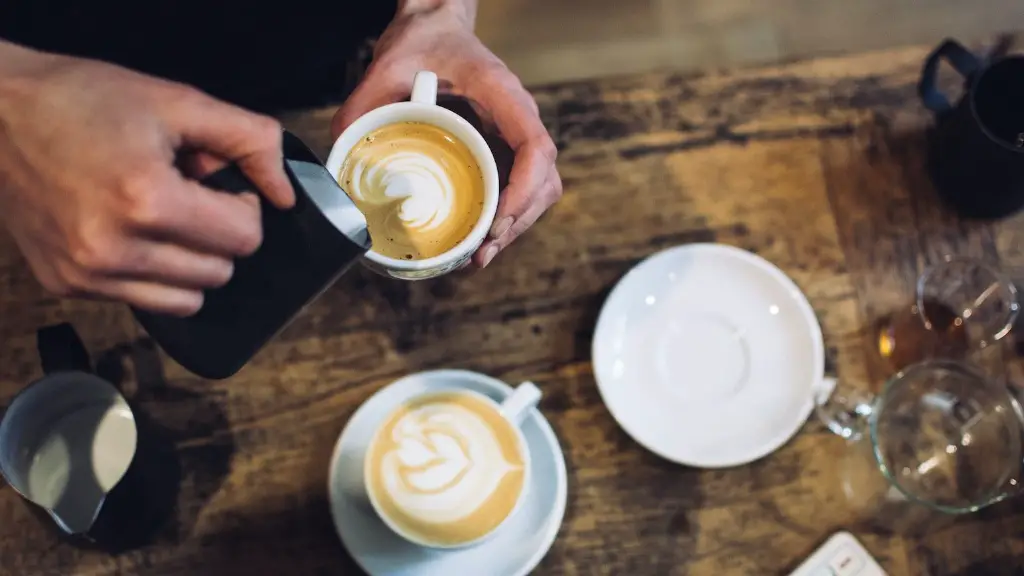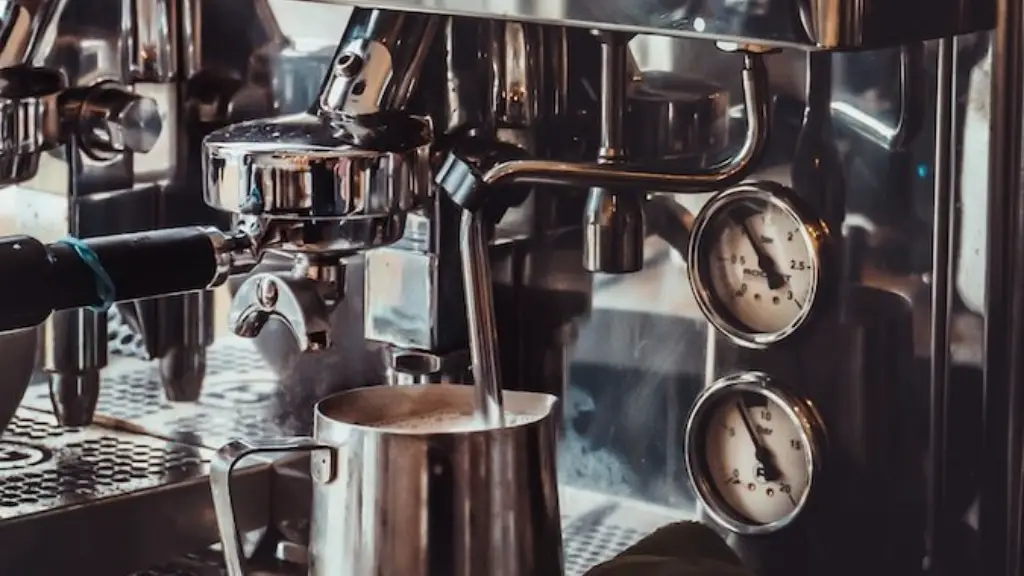Refined Caffeine Content
As we all know, coffee contains caffeine, a stimulant chemical that helps us stay alert, focusses our attention and increases activity in our brains. However, drinking too much coffee might make us feel more tired rather than energized. On average, an 8-ounce cup of coffee contains 95 mg of caffeine, while a five-ounce cup contains 63 mg. Some experts suggest we limit caffeine intake to 400 mg per day. We should be aware that some sources of caffeine, such as energy drinks, might include additional non-caffeine stimulants and can cause adverse side effects.
Sleep Deprivation and Caffeine Consumption
It is common knowledge that lack of sleep can lead to fatigue and result in us feeling drained throughout the day. People who regularly consume caffeine might find that they are already severely sleep deprived even before having their daily dose of the stimulant. This means that consuming caffeine in the morning might only act as a temporary booster for those who are not well rested. In such conditions, the effects of caffeine can quickly wear off leaving us feeling even worse after the initial energy boost.
Dehydration
If we don’t replenish our fluids after drinking coffee, then dehydration can kick in, leaving us feeling tired and listless. Caffeine is a diuretic, meaning it can cause us to lose more fluids than we replace. This can lead to us being dehydrated and, as a result, feeling fatigued. The solution to this issue is to drink plenty of fluids throughout the day, starting with a glass of water in the morning.
Caffeine Withdrawal
In cases of heavy coffee consumption, the body’s reliance on caffeine increases. Without the necessary daily intake, we can face caffeine withdrawal symptoms. As the level of caffeine in the bloodstream drops so does our energy. People might also experience headaches, mood swings, anxiety, irritability and depression on the days when we don’t have any coffee.
Stimulation Anxiety
Consuming too much caffeine causes arousal of multiple parts of the body leading to a state of a constantly alert. This can result in ‘stimulation anxiety’ in which our bodies are overstressed and unable to relax. In severe cases, it can cause us to experience a rapid heart rate and dizziness.
Taking Control
To prevent us from feeling tired after drinking coffee, we should pay attention to our environment and our habits. We should limit our caffeine intake and drink plenty of fluids, especially before and after having coffee if we do decide to indulge in the energy drink. Additionally, we should aim to get enough sleep since it plays a fundamental role in maintaining our energy levels and ensuring that we feel alert and focussed.
Individual Differences
One should bear in mind that individual differences are important. For one person, consuming 400mg of caffeine might be the most their body can tolerate before fatigue kicks in. On the other hand, some people can consume more than 500 mg of caffeine without any adverse effects. Thus, finding the right balance for one’s own body should be the ultimate goal.
Are Natural Alternatives Better?
Whilst there are many potential benefits to drinking coffee, some people opt for naturally caffeinated alternatives such as green tea, kombucha and yerba mate. Whilst these options still contain some level of caffeine, they also contain an array of natural compounds and vitamins that can boost our energy levels and help us avoid the dreaded ‘caffeine crash’.
Nutrition and Health
It is also important to consider that lifestyle choices such as nutrition and exercise regime can play an important role in our ability to stay focussed and alert for the entire day. Eating a balanced diet filled with essential vitamins and minerals, avoiding processed foods and sugary snacks, and exercising regularly are all crucial for tackling tiredness and feeling energized throughout the day.
When to Call a Doctor?
If tiredness and fatigue persist even after making lifestyle changes and limiting caffeine intake then people should consider visiting their doctor as it could be a sign of an underlying health condition.
In Conclusion
Whilst there are many potential reasons for why we can feel tired after drinking coffee, having knowledge about caffeine’s effects on our bodies is the most important step in preventing it. Limiting our caffeine intake to 400 mg per day is essential, whilst taking into account individual differences and lifestyle choices can help maximize caffeine’s beneficial effects and reduce its detrimental effects.


